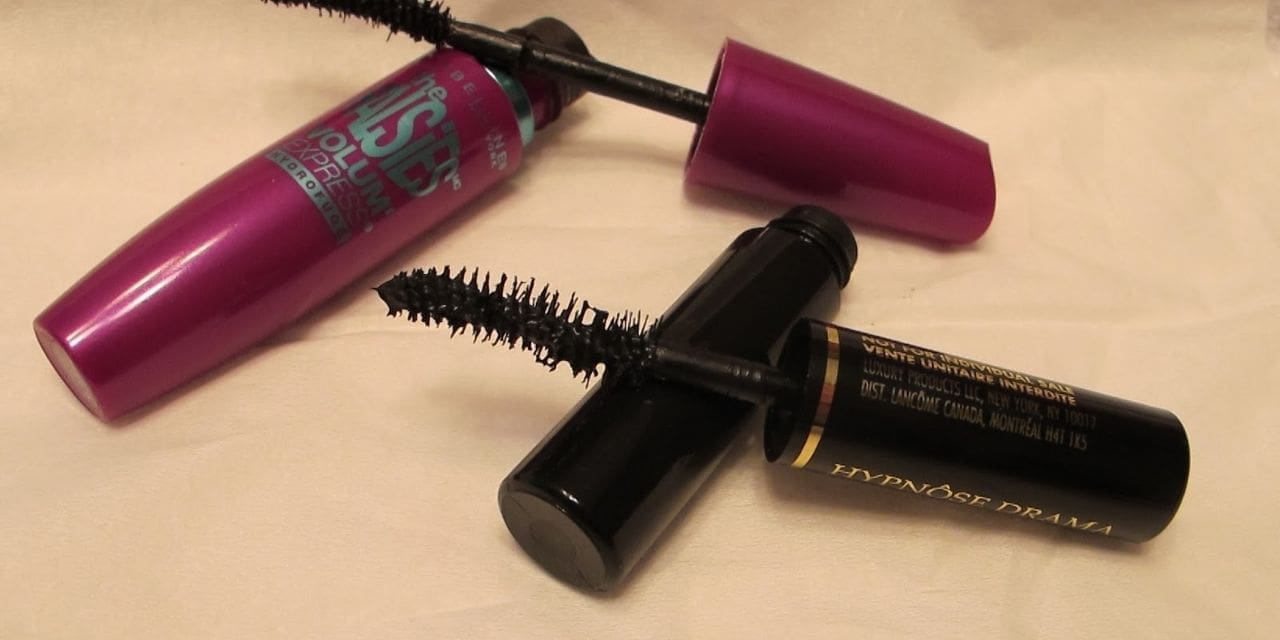In recent years, the market for “dupes” – products that closely mimic high-end designer items – has exploded.
From handbags to sneakers, these lookalikes flood social media and online marketplaces, promising luxury style at bargain prices. Popular websites like Damentro & Dupe Diva are some of the main sources for people to discover good quality dupes.
But a crucial question lingers in the minds of many shoppers: Are dupes illegal? This article explores the legal, ethical, and practical aspects of the dupe phenomenon.
What Are Dupes?
Before we tackle the legality, let’s define our terms:
– Dupes: Products inspired by designer items but not claiming to be the authentic brand
– Counterfeits: Exact copies that use brand logos and attempt to pass as genuine articles
– Replicas: A term often used interchangeably with dupes, but may sometimes refer to higher-quality imitations
The Legal Landscape
The Trademark Dilemma
Luxury brands invest heavily in their designs, logos, and overall brand identity. When counterfeiters create exact copies, complete with logos, it’s a clear violation of trademark law. However, dupes often exist in a legal gray area:
– They may mimic the overall design but avoid using protected logos
– Some courts have ruled that certain design elements can be protected, while others focus solely on trademarks
– The level of similarity required for legal action varies by jurisdiction
Copyright Considerations
While logos fall under trademark protection, the overall design of a product may be protected by copyright law. This is especially relevant for items with unique patterns or artistic elements.
Consumer Law and Fraud
Selling counterfeits as authentic items is fraud, plain and simple. But what about dupes that are openly sold as “inspired by” pieces? As long as they’re not deceiving customers about their origin, many operate in a legal gray zone.
The Global Perspective
Laws and enforcement regarding dupes and counterfeits vary widely around the world:
– Some countries have strict anti-counterfeit measures
– Others may have laws on the books but lax enforcement
– International sales complicate matters further
Buying vs. Selling: Different Legal Implications
For Consumers
In most countries, purchasing dupes for personal use is not illegal. However, knowingly buying counterfeit goods may be against the law in some jurisdictions. Risks for consumers include:
– Potential seizure of goods by customs when traveling internationally
– Supporting potentially unethical manufacturing practices
– No guarantee of product quality or safety
For Sellers
Those who produce, import, or sell dupes face much higher legal risks:
– Potential lawsuits from luxury brands
– Criminal charges for counterfeit goods
– Seizure of inventory and assets
The Ethical Debate
Pros of Dupes
Supporters argue that dupes:
– Democratize fashion trends
– Allow consumers to experiment with styles affordably
– Put pressure on luxury brands to justify their high prices
Cons of Dupes
Critics contend that dupes:
– Hurt innovation in the fashion industry
– May involve unethical labor practices
– Potentially fund other illegal activities
The Economic Impact
On Luxury Brands
The proliferation of dupes and counterfeits has a significant impact on high-end brands:
– Lost revenue from sales
– Potential brand dilution
– Increased spending on anti-counterfeiting measures
On the Broader Economy
The dupe market also affects the wider economic landscape:
– Job losses in legitimate manufacturing
– Tax revenue impacts
– Potential safety issues from unregulated goods
Navigating the Dupe Market in 2024
For consumers interested in dupes, consider these tips:
- Research sellers thoroughly
- Be wary of deals that seem too good to be true
- Consider “inspired by” items from legitimate brands
- Understand the risks of international purchases
- Reflect on the ethical implications of your choices
The Future of Dupes
As technology advances, several factors may shape the future of the dupe market:
– Improved anti-counterfeiting measures
– Blockchain for product authentication
– Changing consumer attitudes towards sustainability and ethics
Closure
While buying dupes for personal use may not land you in legal trouble, the issue is far from simple. As with many consumer choices, it comes down to personal ethics, budget considerations, and an understanding of potential risks.
As the market evolves, staying informed is key to making choices that align with your values and legal obligations.

